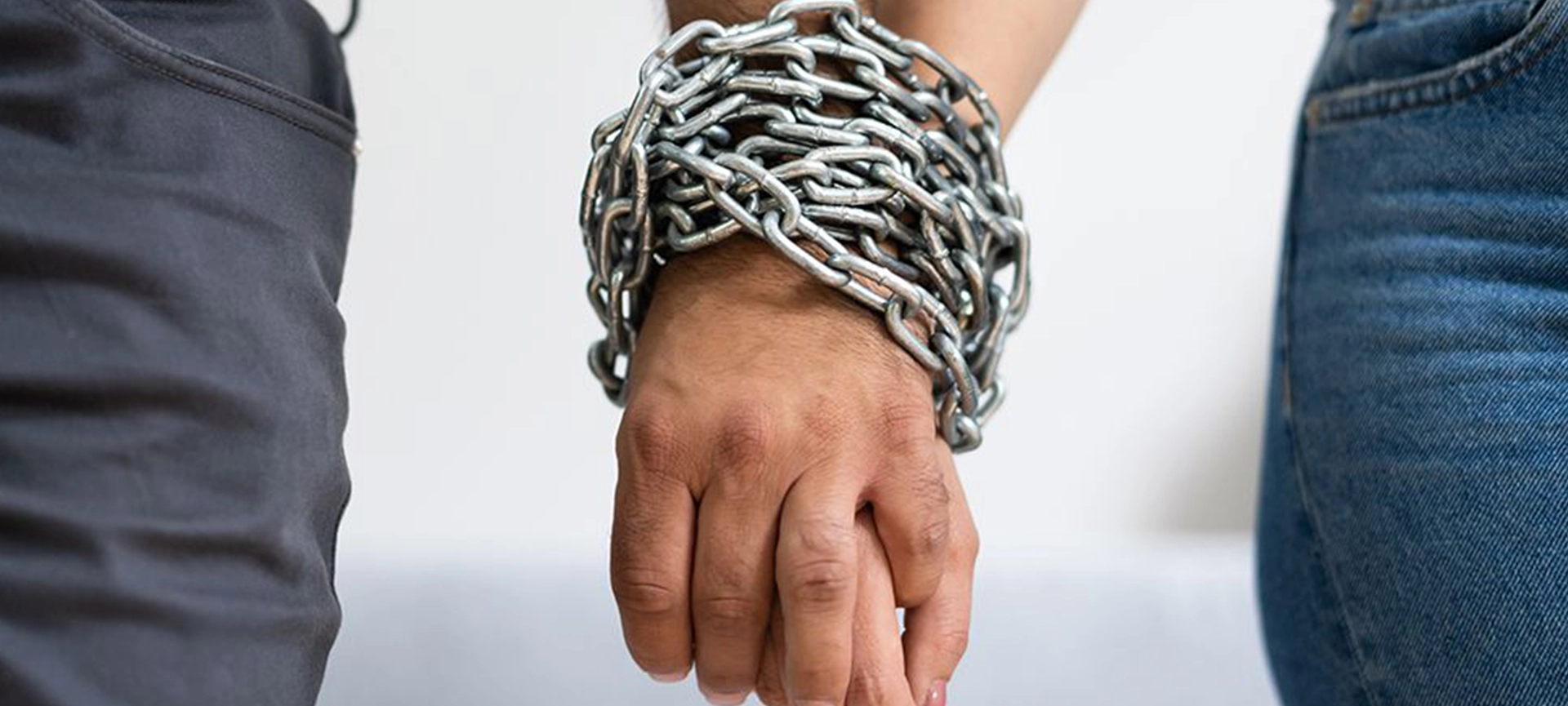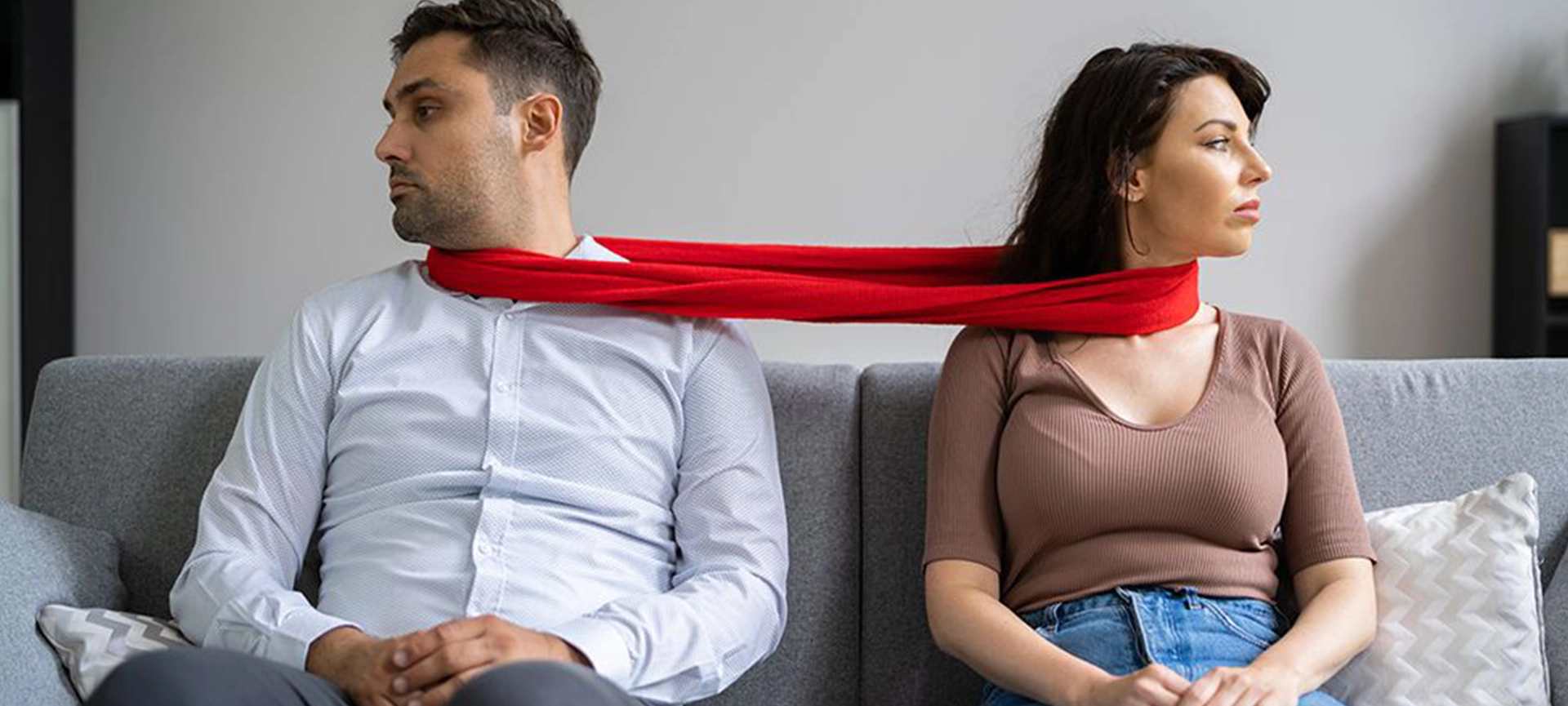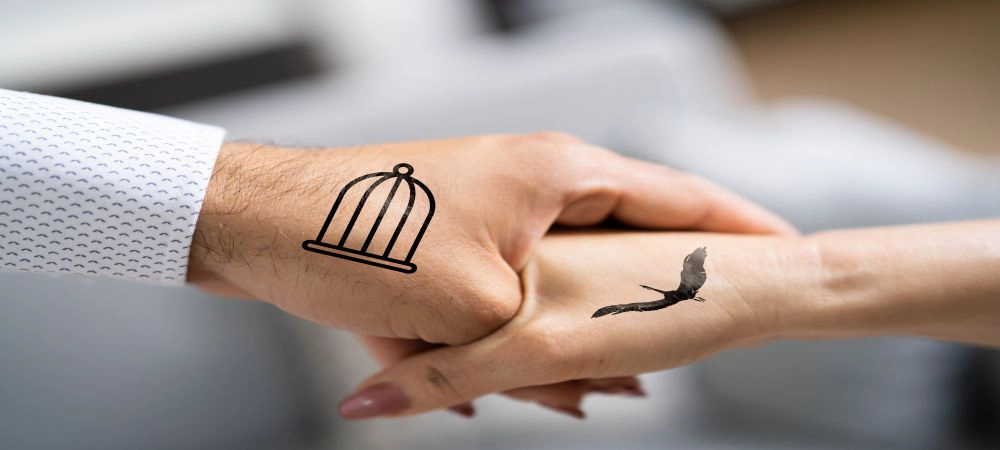How To Stop Being Codependent
Codependency is a learned behaviour. We watch the actions of our parents when we are children. If our mother or father had a problem with boundaries, was always the martyr, could never say ‘no’ to people, and had unhealthy ways of communicating, we most likely learned these behaviours and brought them into our own relationships.
According to addiction research, the term codependent was coined to describe the family members and friends who form unhealthy relationships with individuals suffering from drug and alcohol addiction. This is counter-productive and gets in the way of recovery because it enables the substance abuse disorder. Codependent relationships are harmful, and it is critical to recognize if you are in one.
Codependency
Children who grow up with emotionally unavailable parents are at higher risk of being codependent. As adults, they often find themselves in friendships and relationships with people who are emotionally unavailable, yet they stay, hoping to change the person. No matter what happens, they won’t stop hoping that things will be good someday. If the individual has an addiction, they do nothing to encourage them to stop using drugs or alcohol.
The subconscious hope is that the addict will see the love that is given and be inspired to quit. We believe that if we just hang in there and offer our understanding and support, we will finally get the love that we desire. This thinking is especially dangerous if your loved one is prone to physically or emotionally abusive behaviour.
Codependent people often look for things outside of themselves to feel better. They form relationships that are not healthy, looking to “fix” the other person, who for their part is only too glad to have someone catering to all of their needs. Individuals with codependent tendencies may find themselves in an intimate relationship with a person who has addiction issues that cause them to be emotionally unavailable.
Are You In A Codependent Relationship?
If you are in a codependent relationship with an addicted friend or family member, your first course of action should be to stop looking at that person and take a look at your role as an enabler.
Some common characteristics of enablers include the following:
- They tend to love people they can pity and rescue
- They feel responsible for the actions of others, particularly the with addiction
- They do more than their share in the relationship to keep the peace and do not confront the addicted person about their substance abuse
- They are afraid of being abandoned or alone
- They feel responsible for the other person’s addiction
- Their self-worth depends on the approval of others
- They have difficulty adjusting to change, so they do not try to stop the addicted person from using
- They have trouble making decisions and often doubt themselves, especially when deciding to intervene with a loved one’s substance use disorder
- They are reluctant to trust others and do not believe that individuals can change and become sober
Codependency and Addiction
One of the many problems with a codependent relationship is that you may be inadvertently enabling your loved one’s substance use disorder in an attempt to show your love. By “helping” your friend or family member, you can discourage them from seeking the addiction treatment necessary to get sober.
For example, you might:
- Justify your husband’s drinking by saying he has had a stressful day or needs to relax
- Make excuses when your sister cannot come to social functions because she is under the influence of heroin
- Let your friend borrow your prescription opioids whenever he complains of any minor discomfort, even though you’re worried about his growing dependence on the medication
- Quietly take on extra responsibilities around the house or in parenting your children because your partner is always under the influence
- Find yourself frequently apologizing to others or doing favours to repair relationships damaged by your friend’s drug or alcohol abuse
- Risk your own financial future by loaning money to your parent to cover debts incurred from substance abuse
Addiction impairs judgement and critical thinking skills. This makes it very difficult for someone with a substance use disorder to see that they need help. When you go out of your way to prevent your loved one from experiencing the consequences of substance abuse, you make it less likely that they will acknowledge that a problem exists.
Loving someone with an addiction can also cause your codependent tendencies to be heightened. When your friend or family member is behaving erratically due to drug or alcohol abuse, it’s easy to resort to using codependent behaviour in your fight to maintain a sense of control over stressful situations. This creates a vicious cycle that traps both of you in an unhealthy relationship.
You Can Stop Being Codependent
The good news is that codependency is a learned behaviour, which means it can be unlearned. There are several steps to healing your relationship from codependency while supporting recovery from addiction for your loved one.
Honesty really is the best policy
Start being honest with yourself and your loved one. Doing things that we do not want to do wastes our time and energy and brings on resentment. Be honest in your communication and confront your loved one about his or her addiction in a calm and supportive way.
End the cycle of negative thinking

Stop negative thinking. If you catch yourself thinking that you deserve to be treated badly, stop and change those thoughts. Be positive and have higher expectations of your loved one. Insist that they do not use drugs or alcohol in front of you.
Not everything is personal
Don’t take things personally. This can take a lot of work, especially in an intimate relationship. Accepting others as they are without fixing or changing them is the first step. Gradually, you can encourage more and more sober behaviour.
Give yourself a break
There is nothing wrong with taking a break from your loved one. It is healthy to have friendships outside of your partnership. But be cautious: if your other friends are codependent, your recovery will be more difficult.
Don’t be afraid to get help
Consider counselling or therapy. A counsellor serves as an unbiased third party who can point out codependent tendencies and actions that you and your loved one may not be aware of. Ask the counsellor for recommended addiction treatment options for your friend, partner, or family member.
Strength in numbers
Rely on peer support. Codependents Anonymous uses a 12-step group similar to Alcoholics Anonymous, that helps people who want to break free of their codependent behaviour patterns.
Don’t shy away from boundaries
Those who struggle with codependency often have trouble with boundaries. It is essential to set limits around your loved one’s abuse of drugs and alcohol. In order to stop disruptive behaviour, you must put yourself first and not back down.
Breaking the Cycle
The pattern of behaviour with codependency may be well-entrenched, but you can stop it. But in order for the relationship to truly heal, the other person in the relationship needs to put in work as well. At Addiction Rehab Toronto, we will create a customized addiction treatment program that addresses your loved one’s codependent behaviour. With our family counselling services, we can help you and your loved one learn how to have a happy, productive relationship, and you can heal together. Call us for more information.






